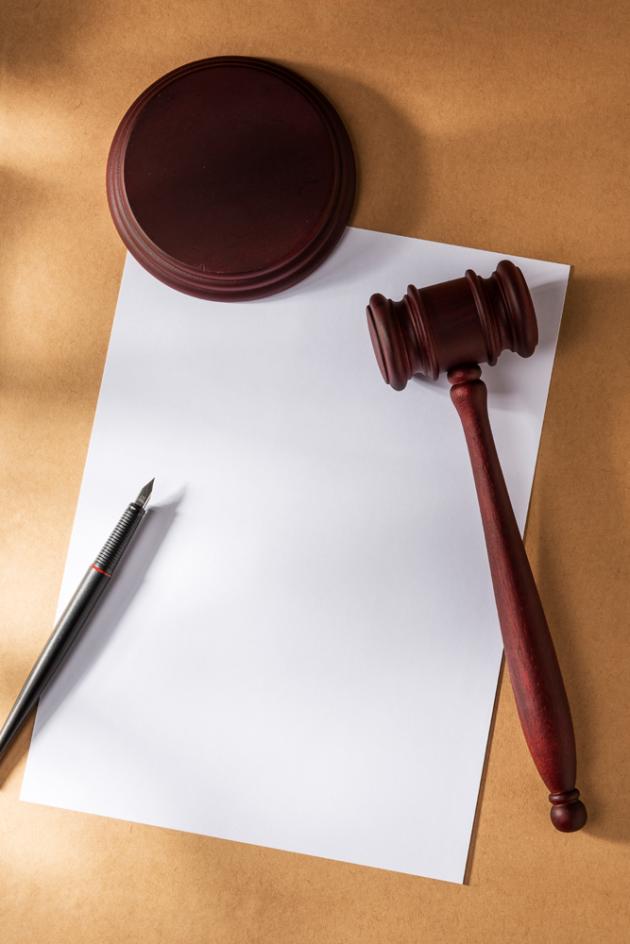More than 230,000 people had signed an online petition on the Blue House homepage as of Monday, to call for abolishing an abortion law that “punish and blame only women.”
“Dear honorable President, National Assembly members, I petition for the abolition of the criminal abortion law,” the petition began. “Korea does have a low birthrate, but unwanted pregnancies are tragedies to not just the individual but the child and the nation. The current law places all blame and criminal sentencing only on the female. Pregnancies do not arise from women alone.”

“In a country where raising a child is hard enough, do you believe that children born from unwanted pregnancies will be able to live happily?” it went on to say.
Current abortion laws subject women who use drugs, surgery or any other methods to induce abortions to a criminal punishment of a year in jail or a 2 million won ($1,796) fine. Physicians found performing abortions are liable to up to two years in prison.
Abortion is only allowed in cases of genetic mental or physical disorder, infectious disease, rape, sex abuse or health concerns of either the mother or the baby.
South Korea criminalized abortion in 1953 as a countermeasure against the country’s declining birthrate. A separate law, which banned doctors from announcing the baby’s gender before 32 weeks, was also put in place to counter the social phenomenon of aborting females.
Although the laws still stand, little enforcement is present: courts witnessed only 30 abortion cases in 2005 when a study by Kim Hae-joong from Korea University reported 350,000 women had abortions that year. The number is double the U.S. rate.
In a conservative climate, abortions are done secretly through gynecologists recommended by Internet communities or word of mouth. Although the Korea University study found 96.3 percent got the surgery done before the 12-week mark, the number fell to 87.6 percent for those in the 10-20 age bracket. Abortions cost an average of 500,000 won ($438) with the price varying from the clinic and state of pregnancy. Payment is made in cash only to avoid leaving a money trail.
Current abortion laws have been criticized for being both unfair and impractical. “Abortion is illegal in our country, but realistically it is one of the easiest countries to do it,” said Anna Choi, a physician at the National Medical Center.
The petition sent to Cheong Wa Dae on Sept. 30 calls for legalizing abortions and related medications. It also calls for equal punishment, if needed, on both sexes and for protecting and ensuring the safety of women instead of punishing them. It collected 235,372 signatures in one month.
Following the unexpected public support for the petition, Realmeter, a survey agency, polled 516 adults on the topic. The poll published Thursday showed 51.9 percent believed criminal abortion laws should be abolished while 36.2 percent said it should not, and 11.9 percent said they did not know.
Among female respondents only, around six out of 10 said criminal abortion laws should be abolished. The opinion of males remained equally split, with 43.7 percent saying it should be repealed and 42.5 saying it should not be.
The recent poll results show a shift in public opinion from years past, Realmeter said. According to a poll conducted by the agency in 2010, around 53.1 percent said abortion should not be allowed while 33.6 percent said it should.
“We have seen more than 200,000 people have signed the petition,” a Blue House official said in an official response Monday. “We will need to discuss whether the government or the Blue House will respond. This is a legal issue, not a policy that can be executed through the President or the Blue House’s orders. We will work to prepare and deliver a response to a question that had previously produced a 4-4 vote at the Constitutional Court.”

